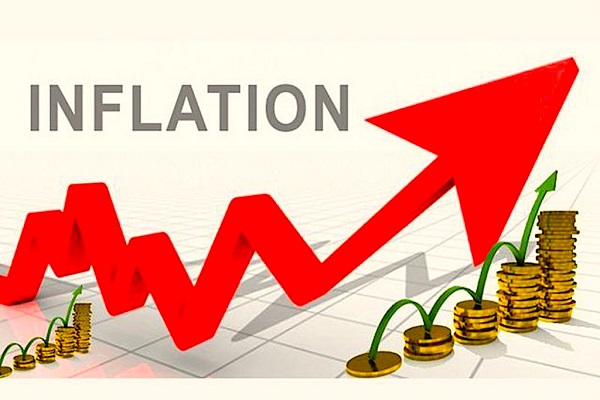Nigeria’s National Bureau of Statistics (NBS) has announced plans to rebase the country’s Gross Domestic Product (GDP) and inflation data by the end of January 2025.
The move is designed to capture structural changes in the economy and align economic statistics with current growth and consumption patterns, according to Reuters News.
According to the NBS, certain sectors of the Nigerian economy have witnessed substantial growth since the last rebasing exercise in 2014, necessitating a revision to ensure accurate representation in GDP calculations.
Sectors such as the marine and blue economy, arts, culture, tourism, information and communication technology (ICT), and e-commerce have been highlighted as key contributors to these changes.
The 2014 rebasing positioned Nigeria as Africa’s largest economy, underscoring the significance of accurate economic metrics. The forthcoming update, undertaken in collaboration with the Nigerian Economic Summit Group (NESG), aims to further modernize these metrics.
During a recent sensitization workshop in Lagos, the NBS revealed that 2019 has been selected as the new base year for GDP, replacing the previous base year of 2010. Meanwhile, 2024 has been chosen as the new base year for the Consumer Price Index (CPI).
The rebasing process, now in its final stages, involves rigorous validation of collected data to ensure its accuracy. The revised figures are set to be published by the end of January, with subsequent analysis and dissemination to follow.
The rebasing is expected to result in a significant upward revision of Nigeria’s GDP, potentially altering key economic indicators such as the debt-to-GDP and tax-to-GDP ratios. For instance, a larger GDP could lead to a lower debt-to-GDP ratio, currently at 18.5%, enhancing the country’s economic profile and borrowing capacity.
In addition to statistical adjustments, the rebasing is anticipated to provide policymakers with more accurate and comprehensive data, enabling better-informed decisions and more effective economic planning. By reflecting the true structure of the economy, the exercise is set to enhance the government’s ability to formulate strategies for sustainable growth.
Experts believe the rebasing will not only showcase Nigeria’s economic resilience but also attract greater investor confidence by providing a clearer picture of the country’s economic landscape. The inclusion of emerging sectors like ICT and e-commerce underscores the transformative shifts within Nigeria’s economy over the past decade.





